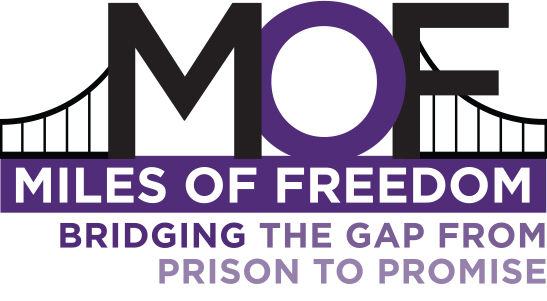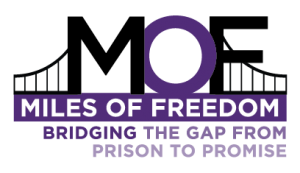The goal of our three-month Job Readiness Workshop is to equip, empower, and employ men and women of families impacted by incarceration. To help accomplish this goal, our workshop provides training in financial literacy, resume building, interview training, and life skills. After completion of the workshop, we assist with employment search and placement.
Path 1- Case management services
Case management services reduce barriers intrinsic to the formerly incarcerated population and prepare individuals to enter the workforce. Persons seeking immediate employment may utilize case management services for resume development, job search assistance, assistance with job applications, interview coaching, direct job referrals, and retention support.
Results from choosing this portion of Path 1 include increased opportunities to secure employment. Individuals that determine employment is not the desired outcome, case managers work to satisfy individual goals and increase stability. Examples of goals outside of employment may include college enrollment, health access, housing access, clothing acquisition, and more. Participants have access to case management services as long as they deem necessary and are achieving positive outcomes. Successful outcomes are measured by employment status, reduction in barriers, and successful completion of identified goals.
Path 2- Job Readiness Workshop (JRW)
Participants that prefer an extensive guided model in conjunction with case management, the Job Readiness Workshop (JRW) employs evidence-based strategies recommended by the Department of Education through a cohort model. Since 2015, MOF has delivered at least two 12-week workshop cohorts annually. Delivered face-to-face, JRW encourages active participation. The National Center for the Study on Adult learning indicates that the “cohort model” contributes to successful skills development and increases completion rates. The JRW cohorts meet weekly for 12 weeks, four hours a week, and receive instruction from professionals in their field.
Topics covered include leadership skills, professional work ethics, financial literacy, teambuilding, interpersonal communication, and more. Personal growth and development portions of the JRW works with individuals to recognize the connections between their thoughts, actions, and consequences consistent with Cognitive Behavioral interventions. Additional instruction modules of the JRW include creative writing, adaptability instruction, professional attire, and career exploration. Results from choosing Path 2 include increased employment, social skills and financial management. Each JRW series culminates with a graduation celebration on week 13. Successful outcomes are measured by participants whom acquired employment, maintained consistent attendance, or were identified by staff as exhibiting exceptional development.
Path 3- Transitional Employment Training (TET)
Miles of Freedom offers Transitional Employment Training (TET). MOF has secured city, commercial, and residential contracts to provide the general labor for land maintenance and upkeep. Work crews are managed by a MOF designated site supervisor. Site supervisors fully engaged with the REA program, completed the program by achieving designated goals, and demonstrated behaviors and attitudes consistent with the MOF mission. Site supervisors are responsible for insuring the work is satisfactory while providing constructive feedback, guidance, and job coaching.
Participants utilizing case management or participating in the JRW are eligible to join the TET program. Workers in the TET program are afforded the opportunity to work 3-5 days a week. Each individual is allocated a daily stipend, and are paid every other Friday. The site supervisor and MOF Program Director conduct performance evaluations with each participant on Fridays as they are collecting their check. Results from choosing Path 3 include job skills training until the participant is ready to pursue outside employment. There are no limitations to time spent in the TET program. There are strict performance and behavioral expectations for participants while on job sites as representatives of MOF. Participants removed from TET for disciplinary reason may still access case management and JRW.
For more information, please call (214) 290-2337.





